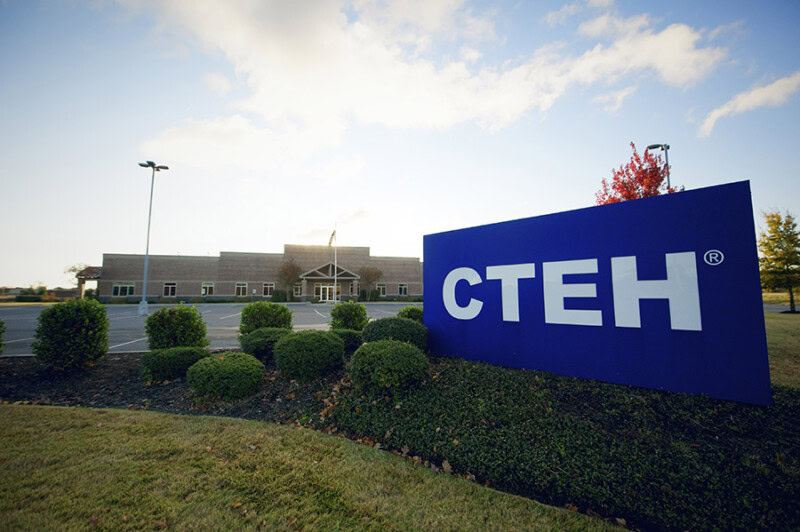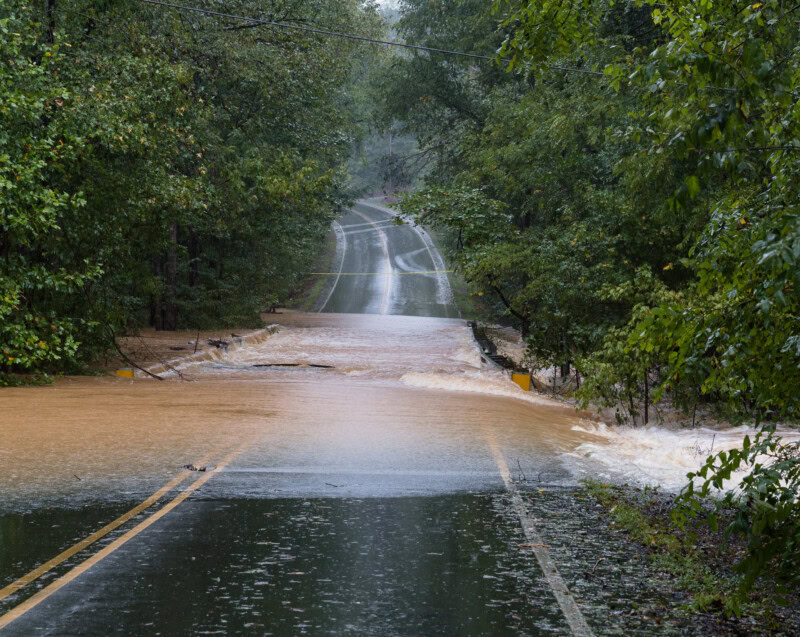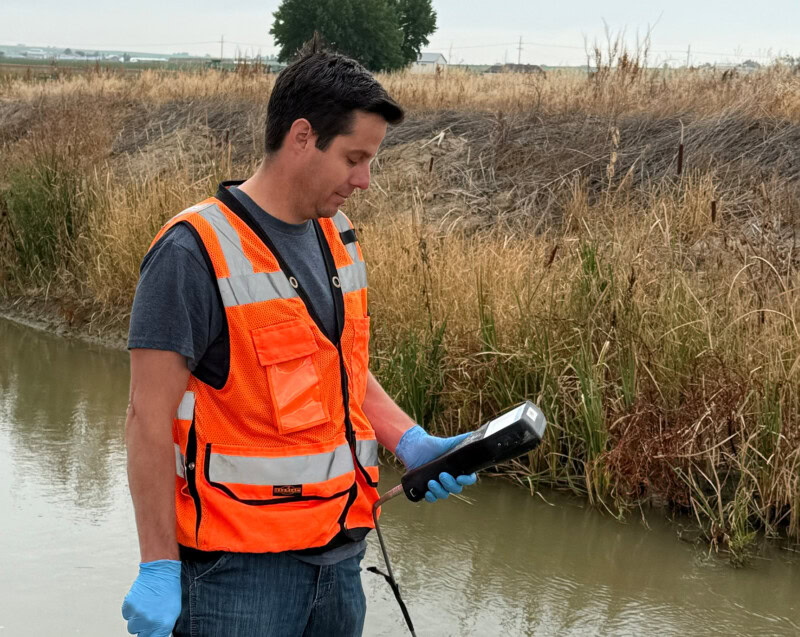For more than four years now, April Steger has served as CTEH’s Manager of Gulf Coast Operations and a member of the Major Projects Team in Kemah, Texas. A previous member of our Toxicology Emergency Response Program (TERP), April helps provide emergency response air monitoring, industrial hygiene, safety and environmental services to clients across the country. We recently had the opportunity to ask April more about her experience as a member of the CTEH team:
As a CTEH Consultant, you often take on a safety role with Incident Command when there are discharges that threaten navigable waterways. What exactly does your “safety role” entail?
While serving in the command post, I’m responsible for helping to ensure the health and safety of our crews during large responses. As a long-time air monitoring specialist, I also help conduct monitoring on incident sites to verify that responders are wearing the correct personal protective equipment (PPE) for the tasks at hand.
As a CTEH Environmental Scientist Project Manager, you responded to more than 50 chemical releases across the U.S. and Canada. How have these experiences helped you in your current role?
During my eight years with CTEH, I’ve gained extensive on-the-ground air monitoring and environmental sampling experience. This has been extremely beneficial to my current role with the company, where I team with clients to help them prepare for releases that could potentially impact the public.
You participate in nearly a dozen large-scale exercises a year. Why are these exercises beneficial to your work at CTEH?
Large-scale exercises help me train for my roles in responses. It’s a great opportunity to build relationships with industry partners and regulatory agencies so our communication is swift and effective when incidents occur. During my time with CTEH, I’ve participated in exercises with the fixed chemical, mining, pipeline, maritime, onshore and offshore exploration industries and many others here in Texas, across the U.S. and even Canada.
You have numerous industry certifications, ranging from METS Model 5 to Offshore Water Survival. Why did you decide to pursue these certifications?
At CTEH, we partner with clients from many different industry sectors, and the requirements for safety training and credentials are extensive. Our company has made it a top priority to ensure our responders are up-to-date on their training and skill sets with annual continuing education courses. I currently have the Transportation Worker Identification Credential (TWIC); 40 hour Hazwoper; 8 hour Hazwoper Supervisor; e-Railsafe; NIMS ICS 100/200/300; Houston Area Safety Council Basic Plus; CPR; AED & First Aid for Adults; personnel transfer basket/swing rope training; Offshore Water Survival; and (HUET) METS Model 5.
How do you stay engaged in the industry and community?
I’m the membership coordinator for Texas TRANSCEAR (Transportation Community Awareness and Emergency Response), an organization that helps communities prepare for and respond to potential hazardous materials transportation incidents. I’m also active in the La Porte, Morgan’s Pointe and Shore Acres Local Emergency Planning Committees and the Houston Chapter of the Women’s International Shipping and Trading Association. When not attending national industry conferences like the Clean Gulf Conference & Exhibition or the Texas Commission on Environmental Quality Tradefair and Conference, I volunteer for my children’s sports teams and Girl Scouts’ troops.




